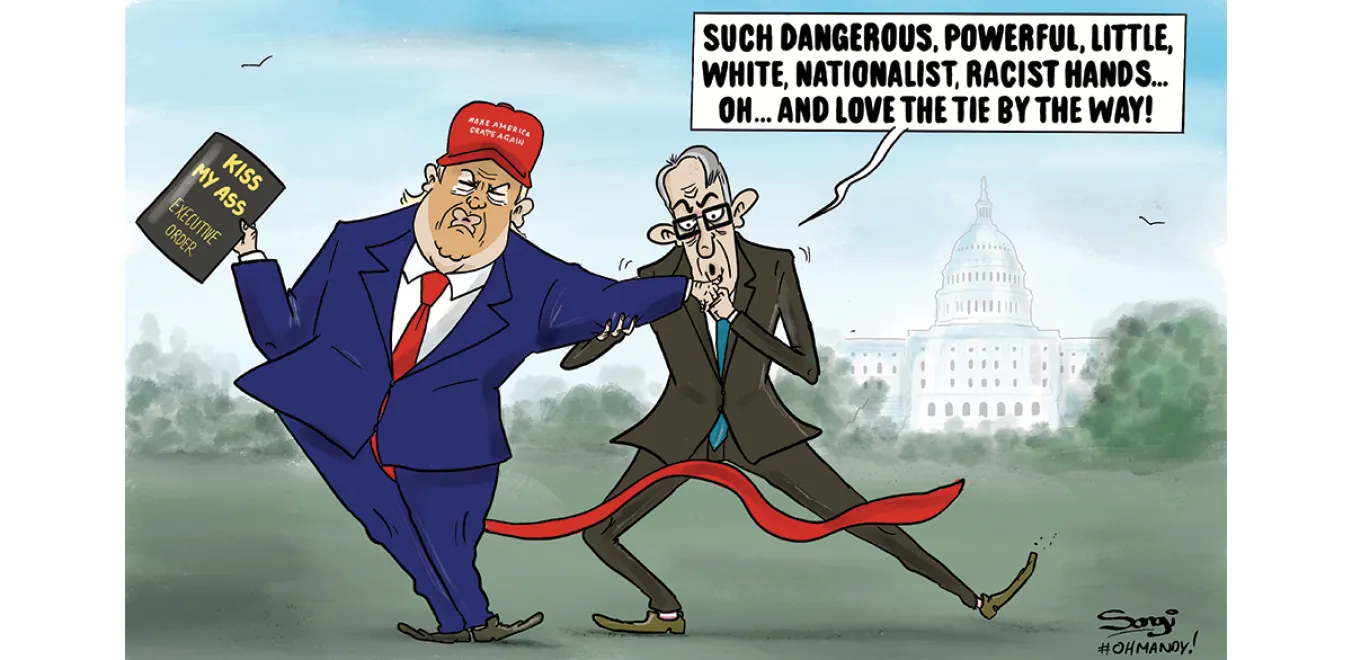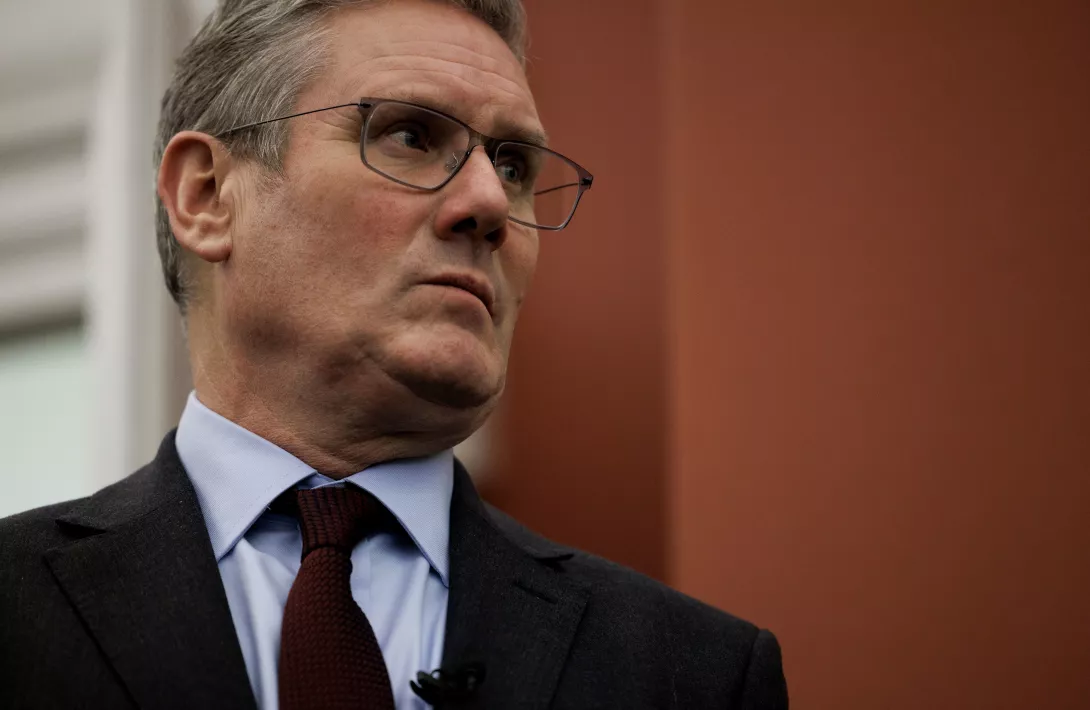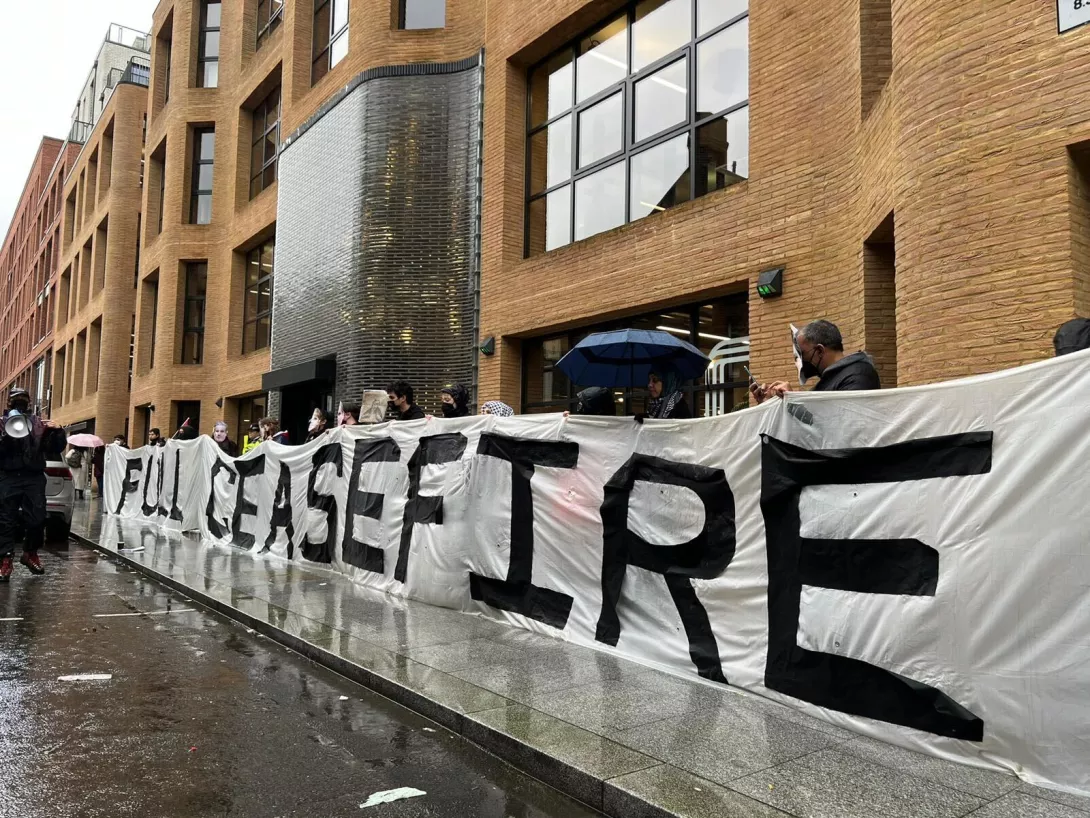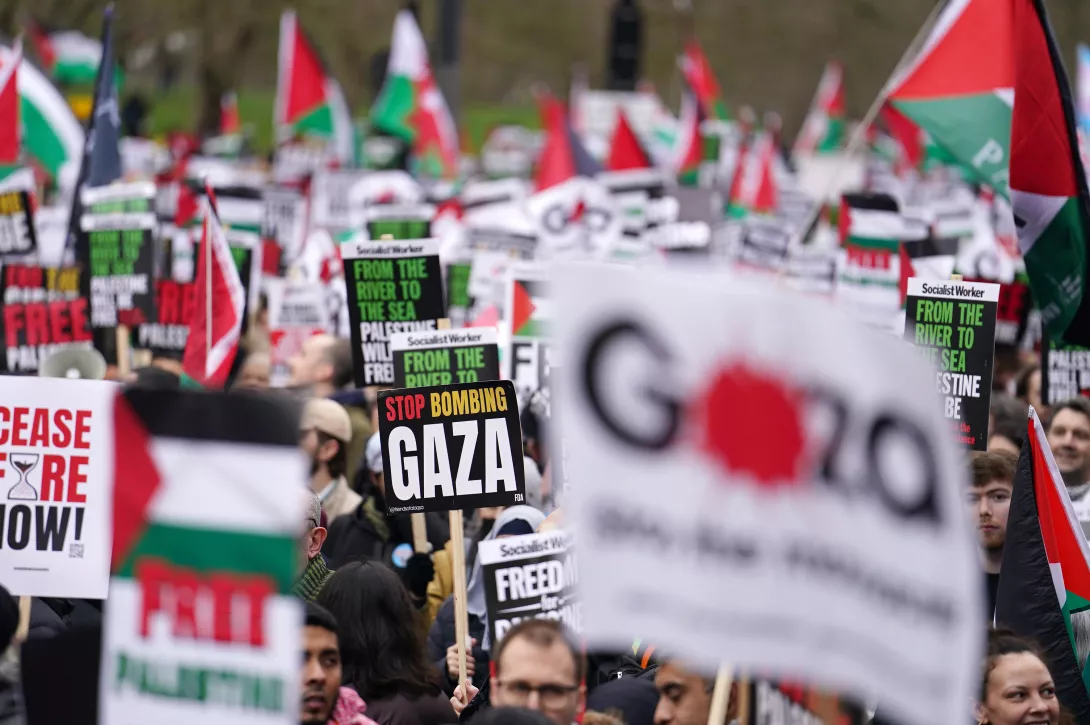ANDREW MURRAY surveys a quaking continent whose leaders have no idea how to respond to an openly contemptuous United States
The majority voice for peace is being stifled
The majority of British people want an immediate ceasefire in Gaza. DIANE ABBOTT MP explains why this is not reflected in Parliament
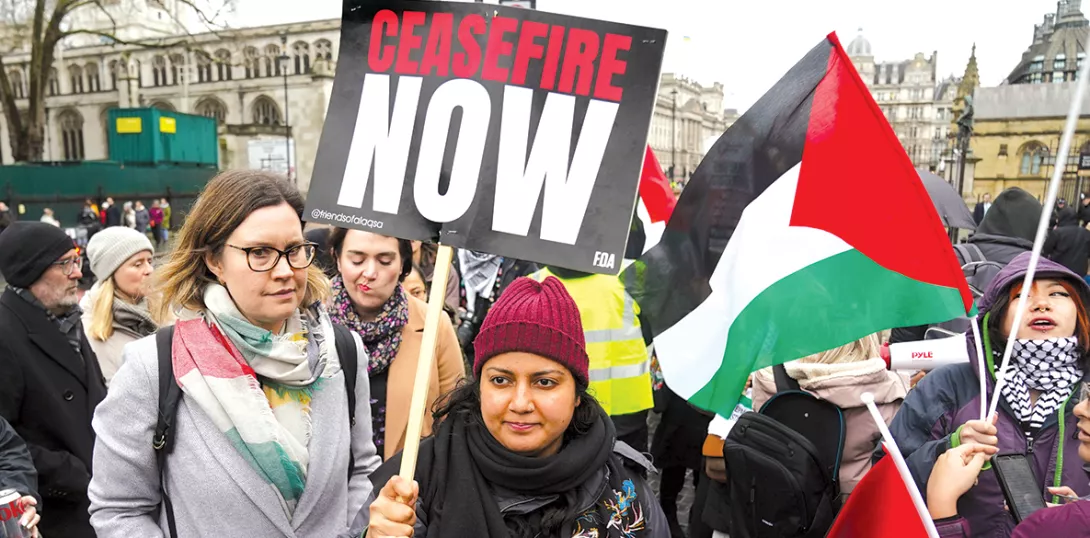
EXTRAORDINARY and disgraceful scenes in the House of Commons have grabbed the public’s attention. But there is a danger of the more fundamental issues becoming blurred.
The key issue is ending the assault on the Palestinian people. In addition, the democratic majority of this country, who want peace, are being prevented from having their views represented at all and having their voices stifled.
Of course, the scenes in Parliament were disgraceful. It was a stitch-up and an abuse of democracy. The SNP motion included the call for an immediate ceasefire and was critical of Israel’s use of collective punishment in its attacks.
More from this author

ROS SITWELL reports from a conference held in light of the closure of the Gender Identity and Development Service for children and young people, which explored what went wrong at the service and the evidence base for care
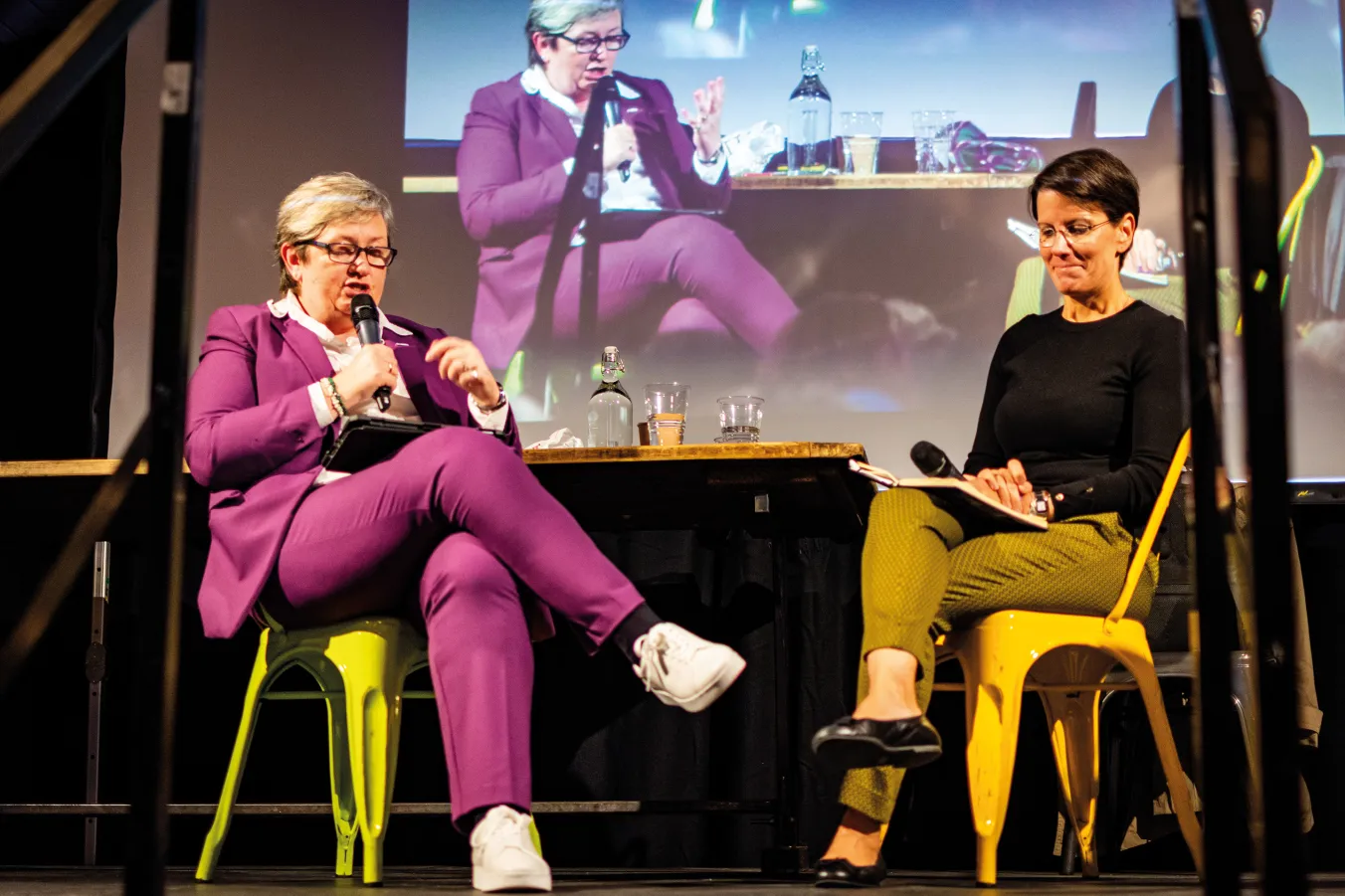
ROS SITWELL reports from the three-day FiLiA conference in Glasgow
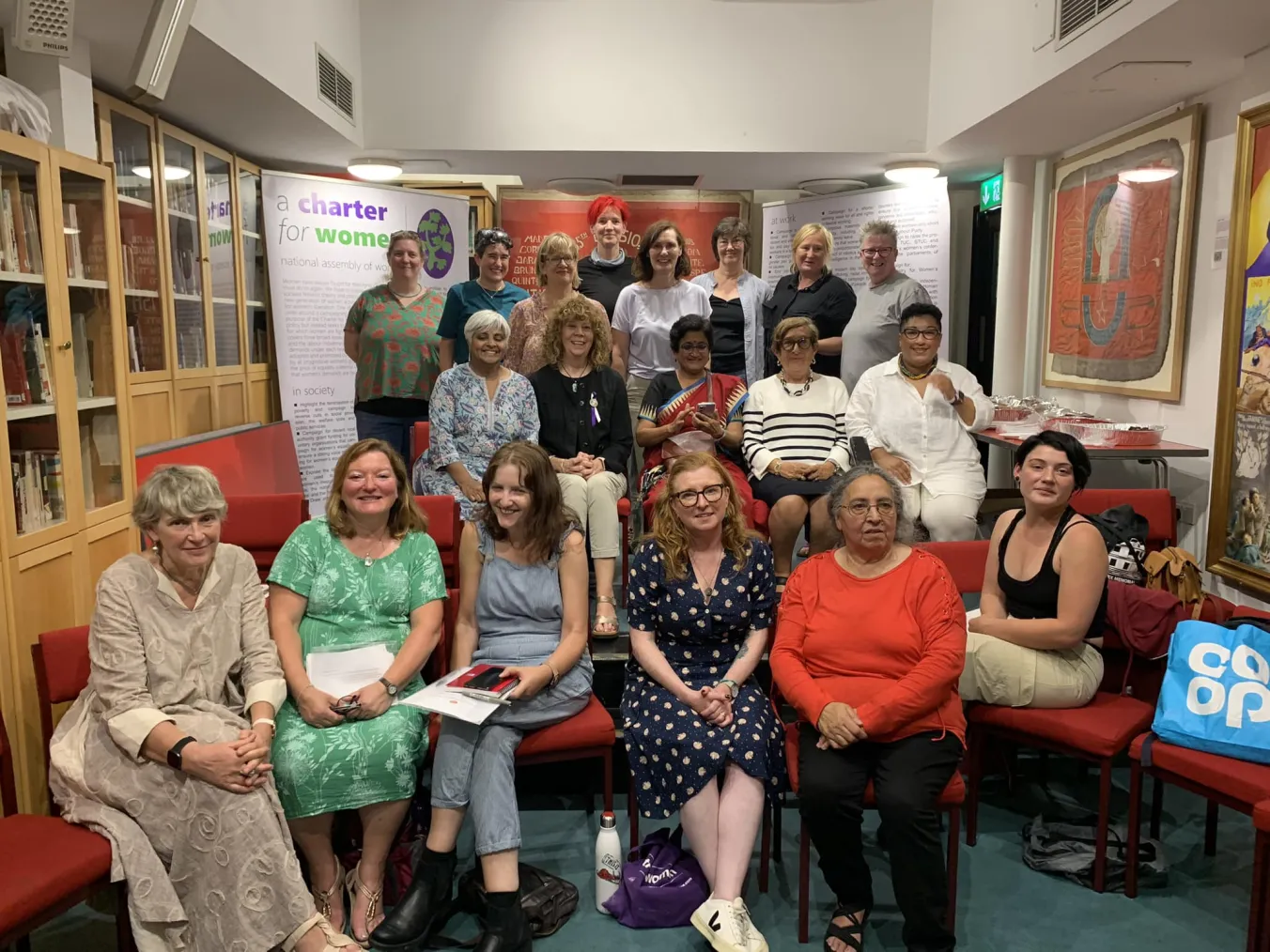
ROS SITWELL reports on a communist-initiated event aimed at building unity amid a revived women’s movement
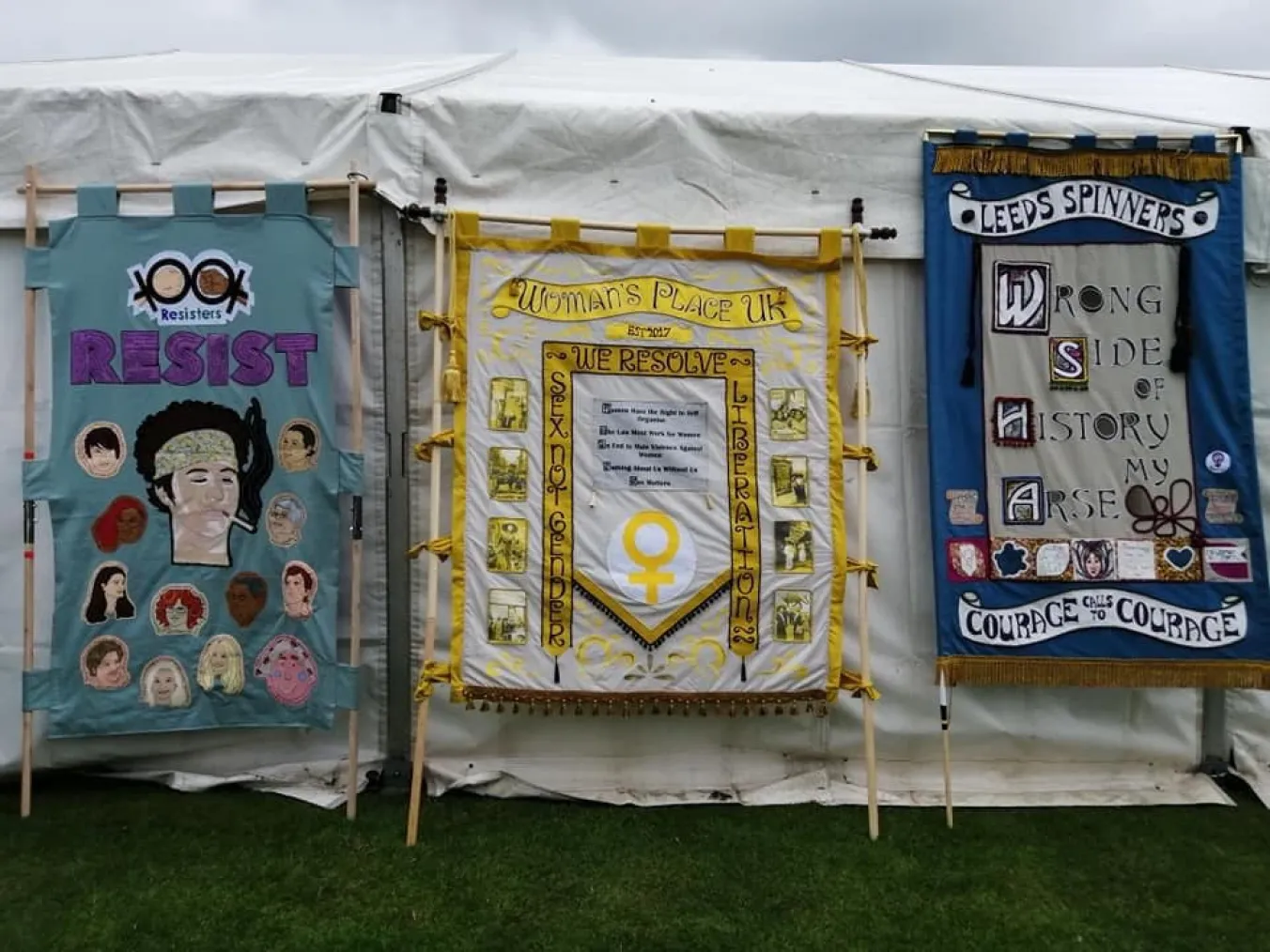
London conference hears women speak out on the consequences of self-ID in sport
Similar stories
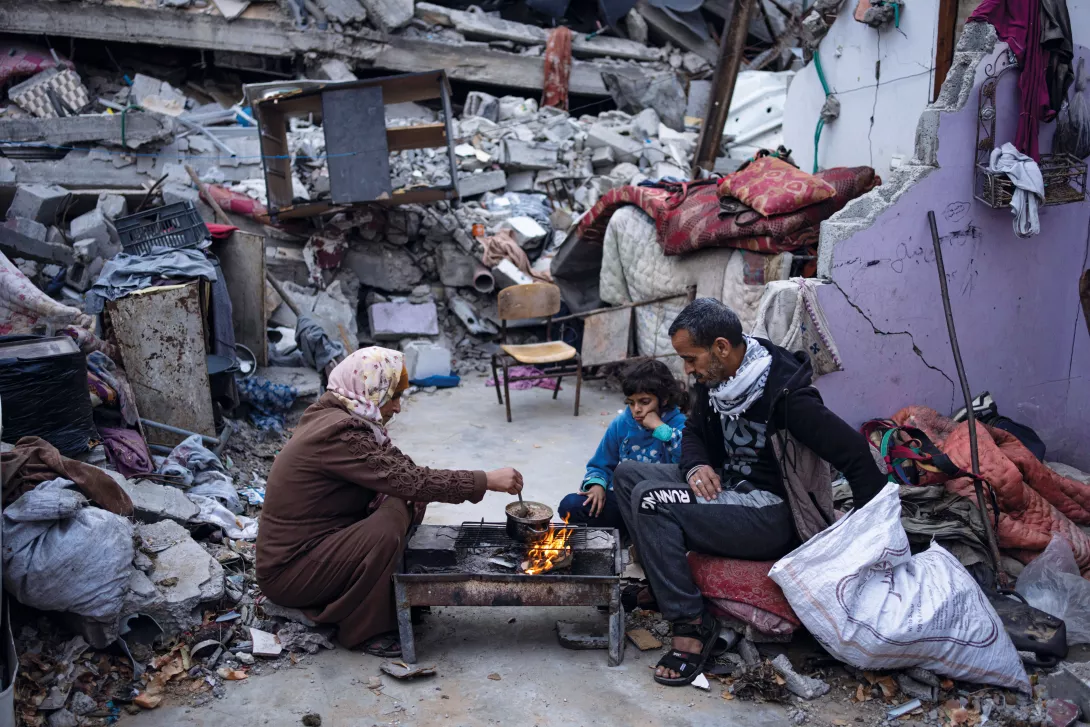
The IDF's unrelenting violence is a global concern and we are all made weaker if we do not force a ceasefire and accountability on Israel, writes DIANE ABBOTT MP


